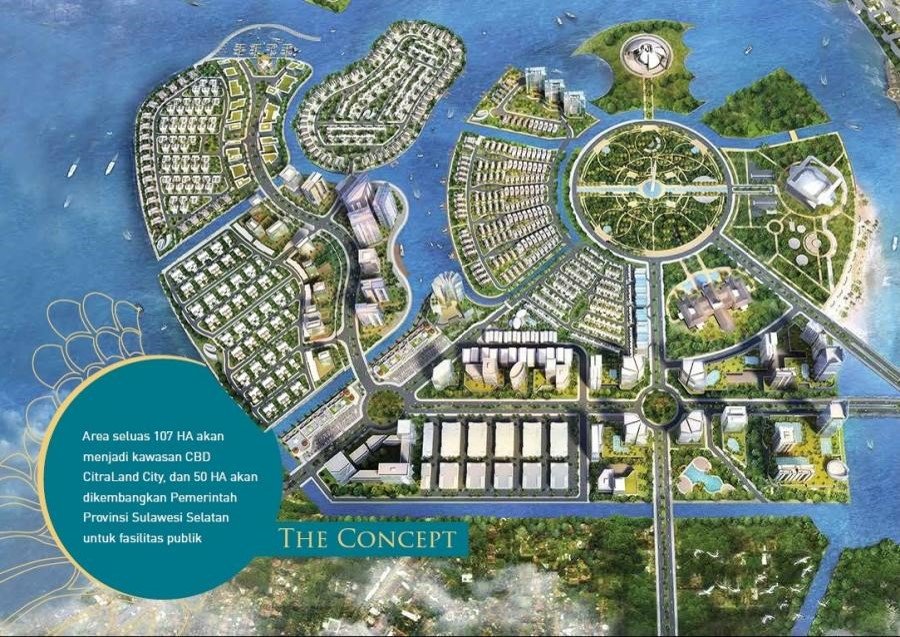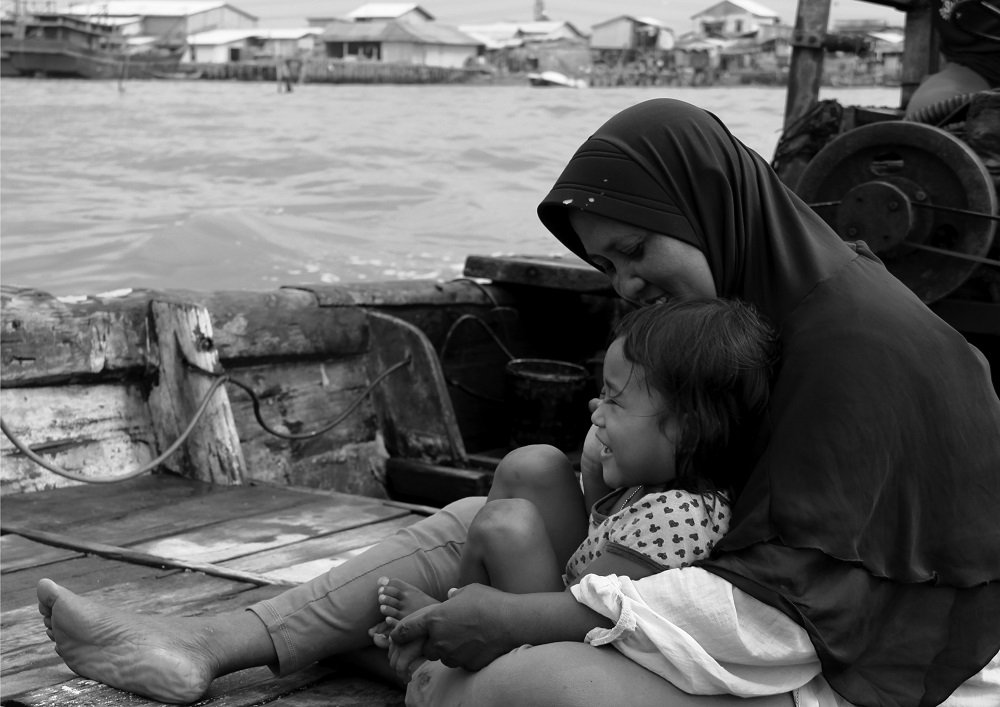11-Sustainable Communities and Cities

Related articles

Improved Trade & Investment
On of the three objectives of the Fair Green & Global Alliance is to improve trade and investment to advance socially just, inclusive and environmentally sustainable development.

Mutual Capacity Development
In the words of the Dutch Ministry of Foreign Affairs, ‘strong civil society organisations make it easier to hear the voice of the people’. FGG believes this is true both within a country’s borders and beyond them. A remote voice can best be heard when the signal is transmitted loud and clear, received loud and clear, and relayed loud and clear. Global cooperation is all the more important given the current context of ‘shrinking space’ for civil society engagement. In many countries, including democratic ones, civil society actors are facing an increasingly hostile environment. The ability to organise, assemble, operate, raise and secure funds, not to mention express dissent, is increasingly limited by repressive policies, laws and practices, including intimidation and violence perpetrated by both non-state and state actors against human rights defenders. This is especially true for groups at the frontlines of the struggle for inclusive, sustainable development: grassroots, community-based, social, economic, political, environmental and gender justice movements. Now more than ever, strong, well-networked civil society actors are needed everywhere around the world to resist this trend.
FGG works to strengthen civil society actors to advocate and lobby for socially just, inclusive and environmentally sustainable societies using what we call a mutual capacity development approach. This publication, which was inspired by stimulating discussions with the Dutch Ministry of Foreign Affairs, describes in detail what we mean by mutual capacity development and why we believe it is the most effective approach for fair, green and global change.
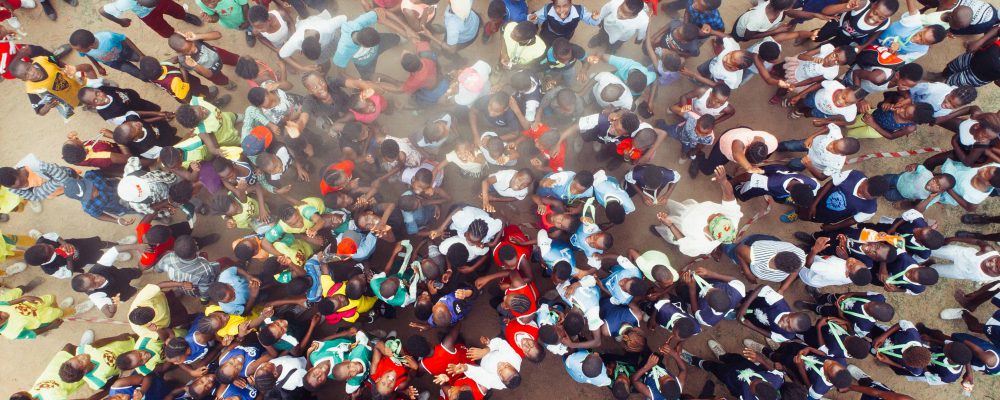
5 Ways for Expanding Civic Space
A thriving and open civic space is a necessity for civil society actors to exercise their rights, access information, voice their views, organise, engage in and, most importantly, meaningfully influence their world: we need a thriving civil society to fundamentally transform our societies for the sake of people and our planet. However, civic space is under continuous and increasing pressure. We see Bangladeshi unions in the garment industry being repressed, direct foreign investment being prioritised over the land rights of agrarian communities in Myanmar, and many more devastating developments taking place, often negatively influenced by economic actors and factors. One of the greatest opportunities for the Dutch Ministry of Foreign Affairs to facilitate positive change for people and the planet is to protect and expand civic space. The Fair, Green and Global Alliance’s latest publication shows five ways to do so.
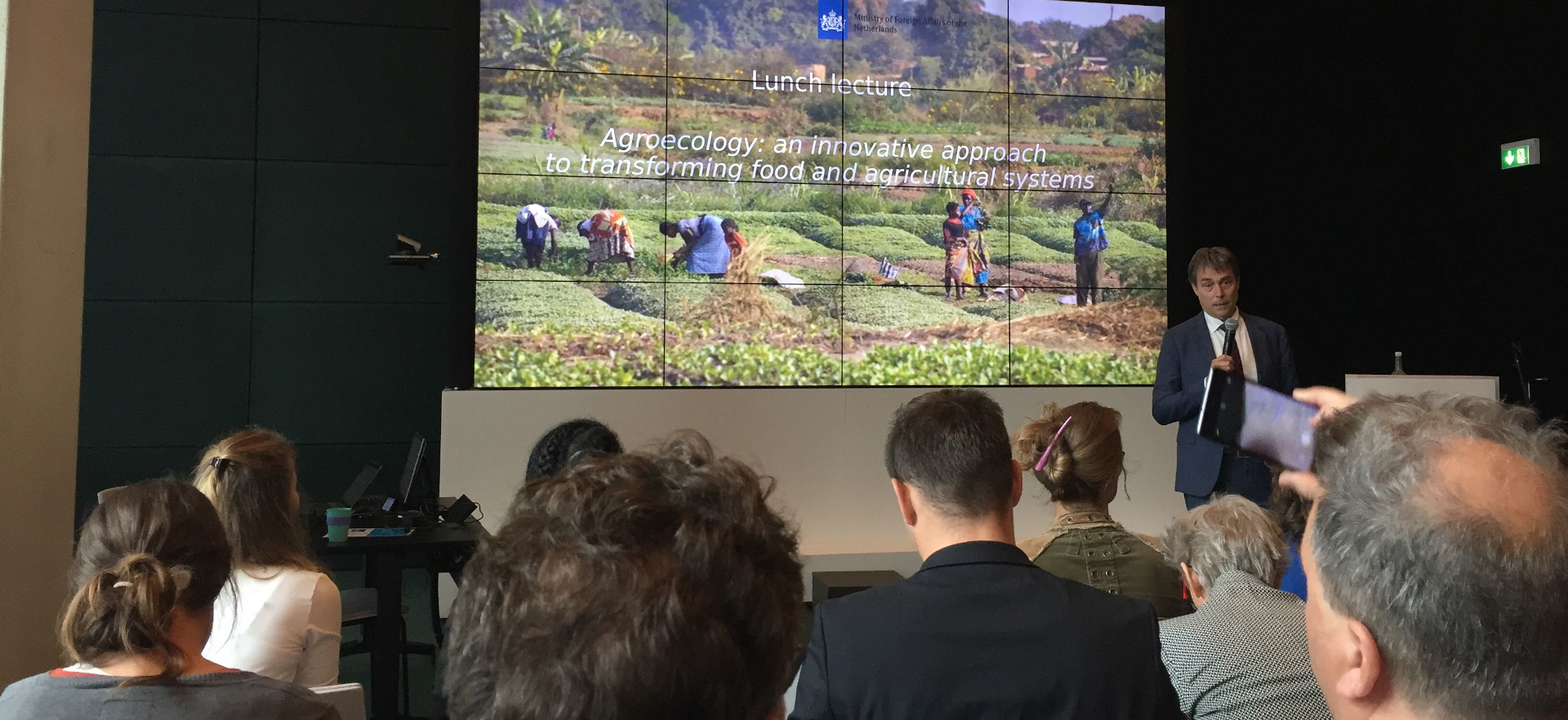
Agroecology can feed the world (and save it)
Last September, the Fair, Green and Global (FGG) Alliance, the Ministry of Foreign Affairs and the Ministry of Agriculture co-organized a lunch lecture on agroecology. Agroecology touches on a wide range of aspects that are central to FGG's mission by providing an integral approach of social justice and environmental sustainability. At this lunch lecture prof. dr. Pablo Tittonell (INTA, RUG) presented a wealth of scientific proof that underpins the power of agroecology.
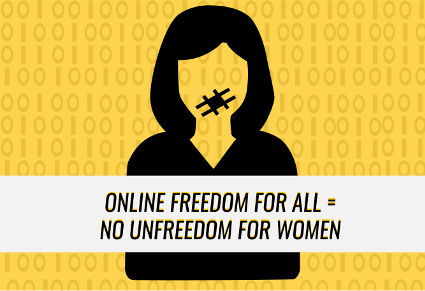
Gender equality and the tech world
Executive director Anita Gurumurthy (IT for Change India) explains why internet security and gender equality are strongly connected.
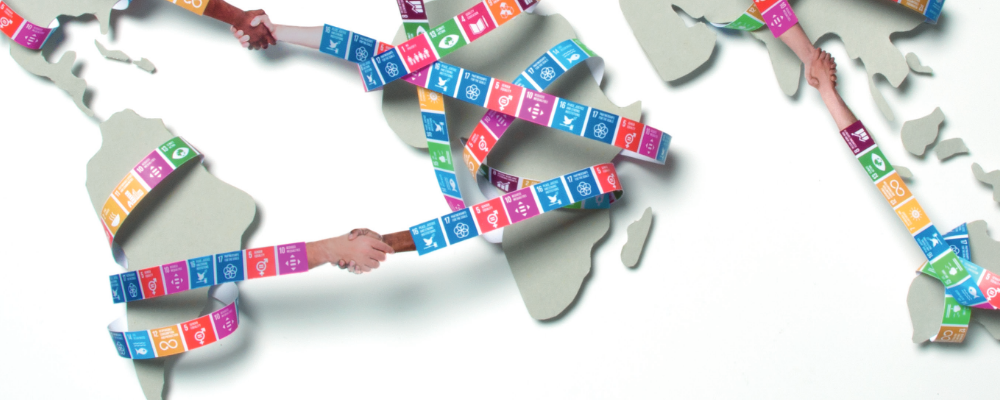
Six recommendations to coherently realise the SDGs
The United Nations’ Sustainable Development Goals (SDGs) provide an unprecedented and invaluable opportunity in the direction of global transformative change of societies and the environment for the good. This paper sheds light on this transformative power of the SDG agenda. It shows the opportunities that are available to assure coherence and the precedence of people and the planet in the realisation of the SDGs, not least via the transformative solutions that grassroots organisations, communities, and civic movements from around the world put forward. And it presents six concrete recommendations that could help governments to implement policies and practices to realise the SDGs as such that they fulfill their potential: “peace and prosperity for people and the planet, now and into the future”.


